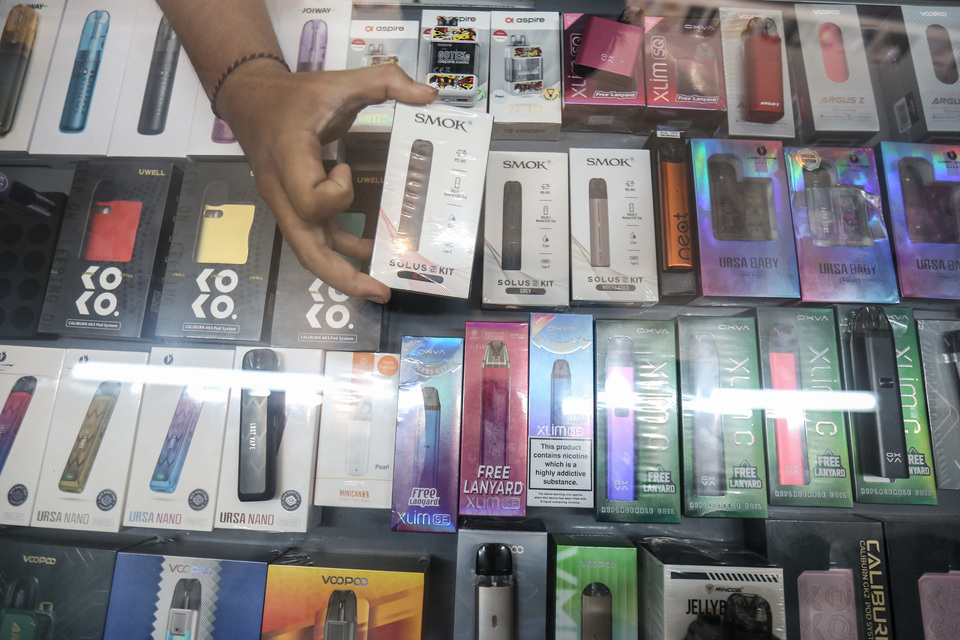
The University of Louisville has received a total of $3.6 million in funding from the U.S. Food and Drug Administration (FDA) and National Institutes of Health (NIH) for research into potentially harmful chemicals found in electronic cigarettes.
Researchers will be creating electronic cigarette products with various flavors to determine potential short-term and long-term health effects.
Based on our current understanding, there is toxicity present in some flavors," said Alex Carll, co-leader of the project and associate professor at the University of Louisville.
Researchers aim to identify which chemicals have adverse effects on the body, particularly the heart, due to the plethora of flavors available on the market.
To determine the risks associated with various flavor combinations, researchers will test them on mice and monitor their heart rates, simulating the way people inhale electronic cigarettes.
Subsequently, researchers will test individual chemicals on myocardial cells.
Researcher will analyze data to determine the short-term and long-term health effects of certain chemicals over time.
Carll stated, "As a scientist, I may not be able to determine what is right or wrong, but I can at least inform the public about the toxicity of certain seasoning chemicals.
According to researchers involved, funding for this study will continue until 2027 and they have reported preliminary results.
Source: WLKY (Note: The original text is already in English, so there is no need to translate it.)
This document has been generated through artificial intelligence translation and is provided solely for the purposes of industry discourse and learning. Please note that the intellectual property rights of the content belong to the original media source or author. Owing to certain limitations in the translation process, there may be discrepancies between the translated text and the original content. We recommend referring to the original source for complete accuracy. In case of any inaccuracies, we invite you to reach out to us with corrections. If you believe any content has infringed upon your rights, please contact us immediately for its removal.







